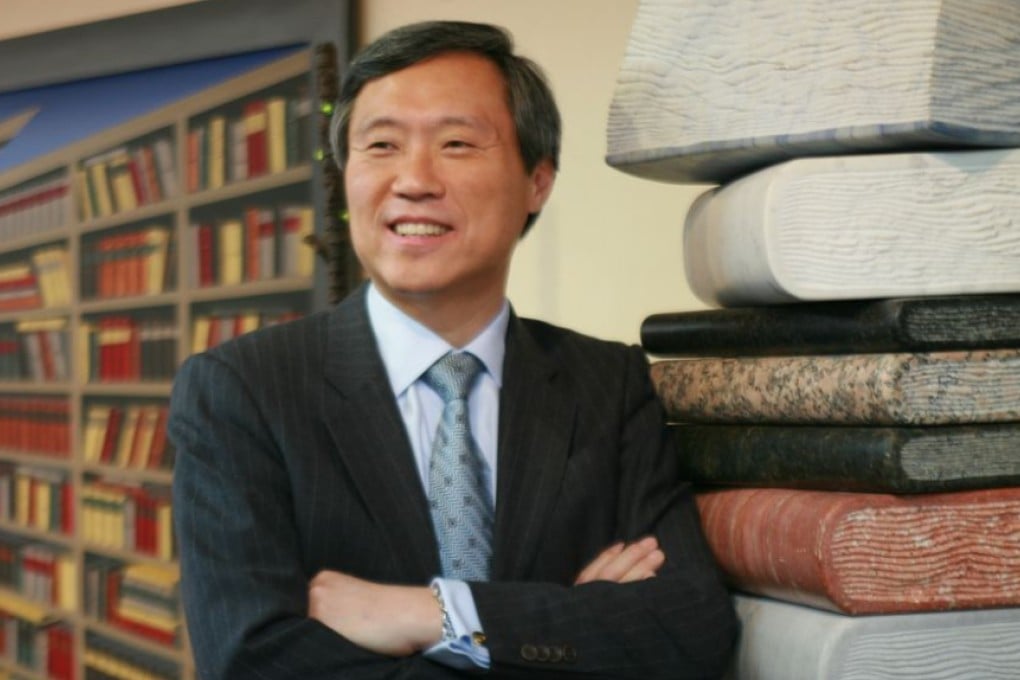KIS innovations to elevate region's international K-12 education
English, international thought, and integrity are vital tools in South Korea's increasingly globalised education and economy. Combining this with research, technology and innovation, Korea International School (KIS) is able to transcend not only a language barrier, but a higher level of academic excellence for South Koreans and international families living in the country.

English, international thought, and integrity are vital tools in South Korea's increasingly globalised education and economy. Combining this with research, technology and innovation, Korea International School (KIS) is able to transcend not only a language barrier, but a higher level of academic excellence for South Koreans and international families living in the country.
Accredited by the Western Association of Schools and Colleges in the United States, KIS offers Advanced Placement courses taught by US-certified teachers. Testifying to the school's high-quality programmes are the students themselves - about 95 per cent of whom continue their education in premier US colleges and universities including Harvard, Princeton and Stanford.
"Sending off our students to Ivy League universities is a reward in itself, knowing that we helped shape a bright future for them and the country," says Dr Min Sunshik, chairman of the KIS board and CEO of YBM Holdings - the country's leader in English education since 1961.
A graduate of Harvard and Massachusetts Institute of Technology (MIT), Min takes pride in helping raise the English proficiency level of millions of South Koreans through YBM's renowned language institutes, premium English publications and test preparation and administration services.
"We always enjoy the first-mover advantage, utilising technology to explore opportunities in the evolving education market," Min says. "Through KIS, we aim to provide a well-rounded curriculum that promotes progressive international education and produce responsible future leaders who bring positive change around the world."
Non-religious, diverse and committed to quality K-12 education, KIS started with a small school in Seoul in 2000 and soon expanded to Bundang and Jeju island. Marking its 15th anniversary this year, KIS is intensifying its efforts to attract expat families and international students - particularly from China, where the number of outbound students has seen double-digit growth over the past few years.
Min recommends the Jeju campus as an ideal location due to the island's relaxed visa requirements and promising investment opportunities for Chinese and other Asian citizens. Offering day and boarding programmes, KIS Jeju accepts students to a regular curriculum or one with a supplementary English course to help them integrate into KIS' main programme.
KIS is South Korea's first international school that introduced the one-to-one laptop computer-based curriculum. It develops academic programmes to improve the quality of education in various ways, including science and engineering seminars in collaboration with MIT. It has also developed sister-school relationships with US-based schools Groton and St Mark's.
"All these initiatives are geared toward becoming the leader in international education in Asia, whose growth is driving the global economy," Min says.
www.ybm.co.kr / www.kis.or.kr / http://ybm.co.kr/english/sisa/sisa.asp